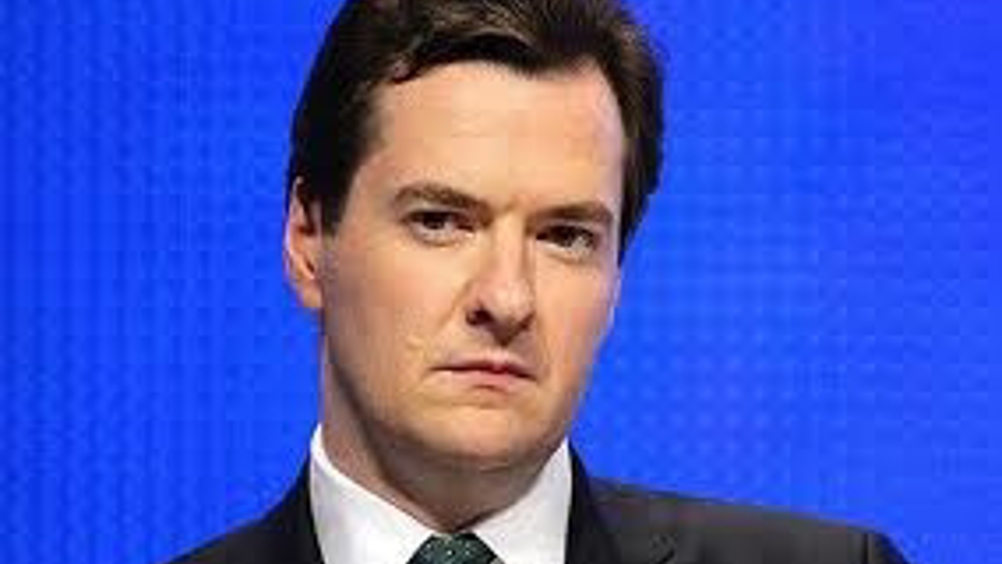CIPD chief economist Mark Beatson said it was “astonishing” that productivity wasn’t addressed in the Budget, as it is the “biggest challenge that the economy and businesses face now”.
Beatson added: “We need to understand how we can make more of our people, our assets and our infrastructure in order to boost business performance.
“We saw announcements in the Budget designed to encourage investment, but we saw little that will make a real difference to how UK employers develop workforce skills or use existing workforce skills effectively.
“There still isn’t a clear, coherent plan for productivity and, once again, skills are falling through the cracks. Unless we address the UK’s skills challenges, any short-term gains in the economy will be dashed by productivity shortfalls in the long term.”
Osborne boasted of the UK’s economic recovery, citing the latest regional labour market data from the Office for National Statistics.
The ONS announced unemployment declined by 102,000 to 5.7% in the three months to January, with employment rising to a record high. Labour market participation also increased in seven out of 11 UK regions.
Osborne said in his Budget speech: "There are a record number of people in work. Lots of governments talk about full employment, this government is moving towards achieving full employment".
He claimed 80% of jobs created are full-time and that 80% are highly skilled. He also said 1,000 jobs had been created every day under the current government.
However, think tank The Intergenerational Foundation (IF) questioned the figures. IF co-founder Ashley Seager said: “The chancellor announced that 1.9 million new jobs have been created, but young people on part-time or zero-hours contracts may not see much difference to their position with this Budget. The Budget may be fiscally neutral but it is not age neutral".
Commenting on the ONS figures, Work Foundation director Geraint Johnes also raised the question of productivity. He said: "While we might see a continued recovery in pay over the course of the next year, sustaining such an increase will need the long-awaited turnaround in productivity to be realised.
“If productivity can rise at a steady rate once more, the budgetary plans of all parties start to look as though they can be achieved. But if it cannot, meeting deficit targets will be an impossibility.”
Budget 2015 reaction: Why no mention of productivity?

The CIPD has questioned why chancellor George Osborne did not mention the issue of productivity in yesterday’s Budget.








